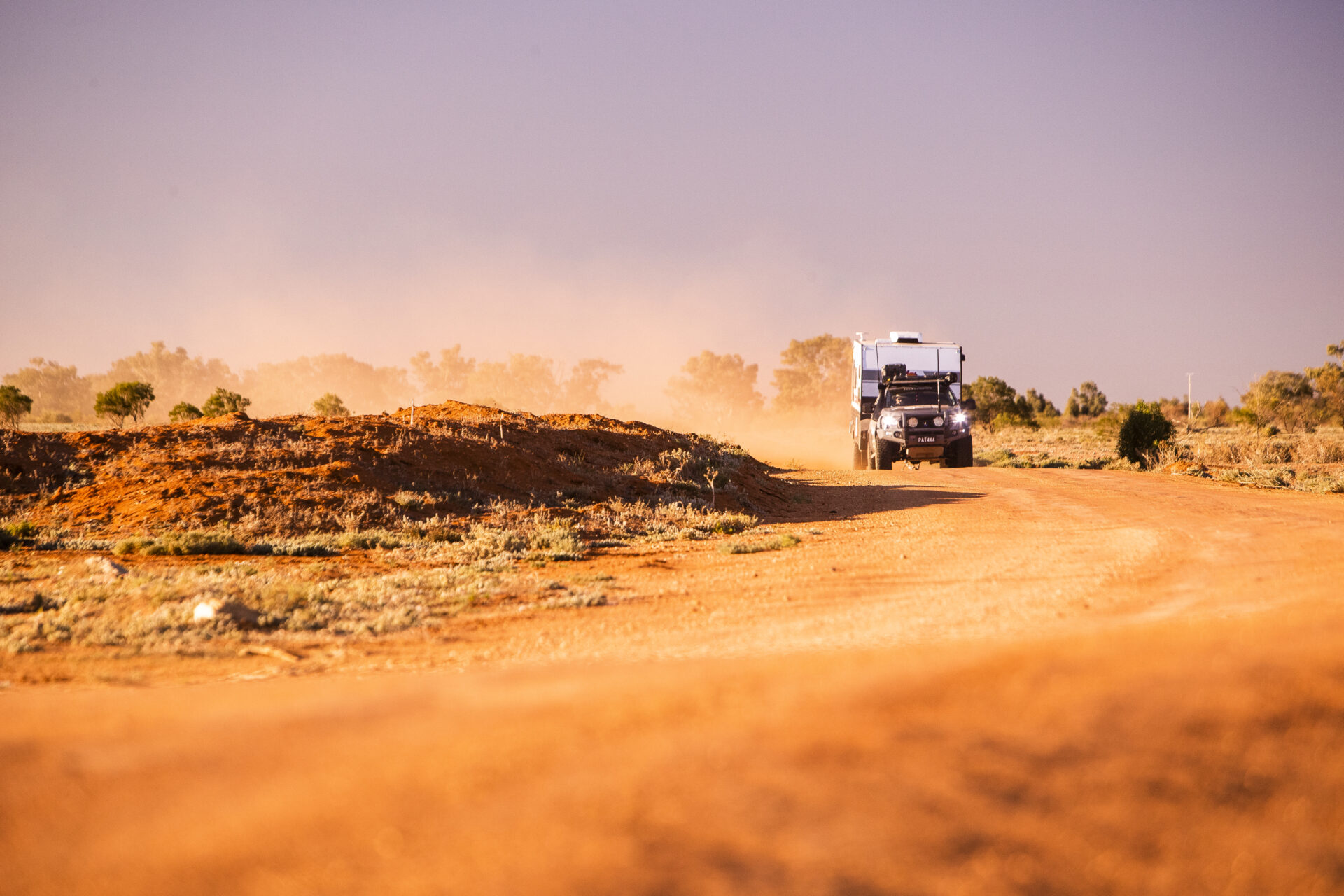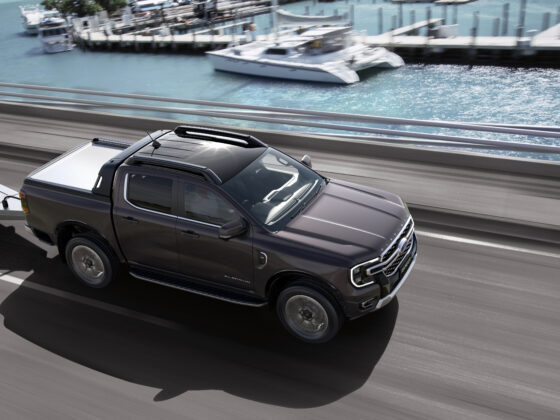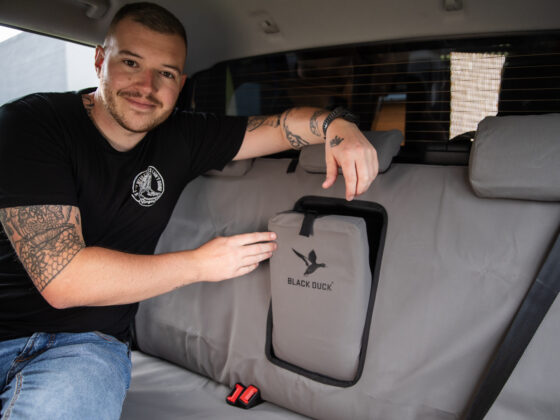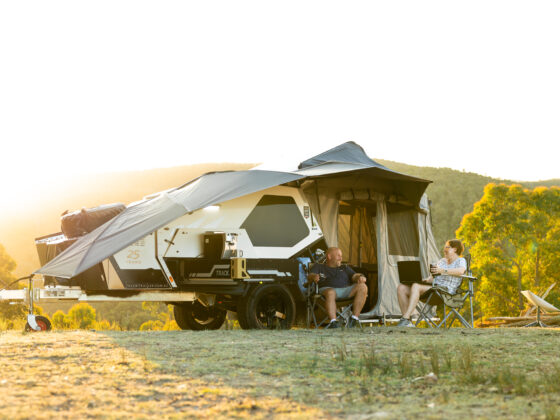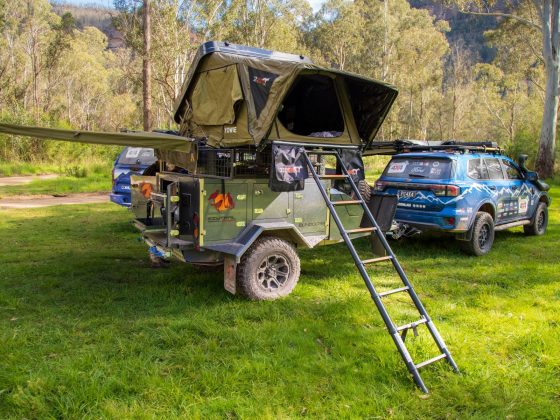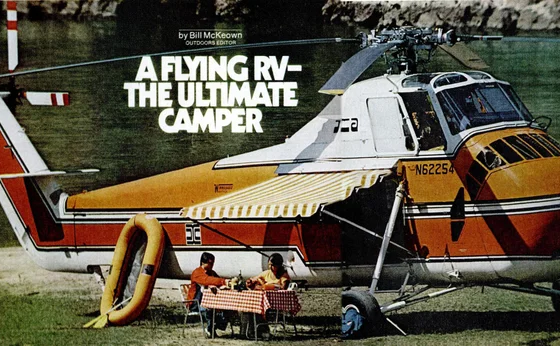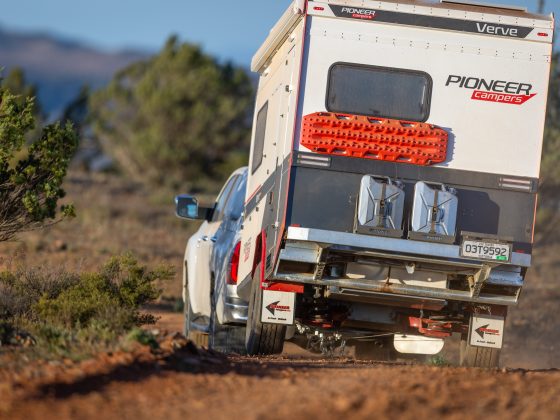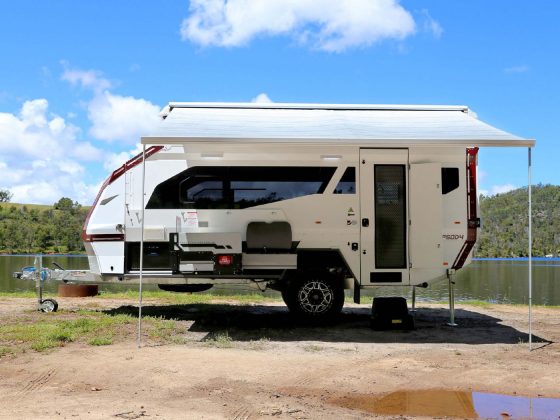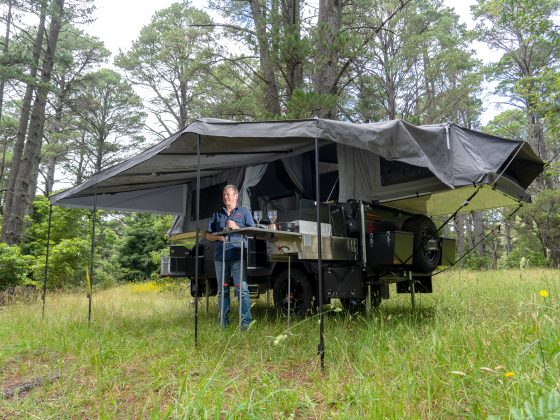In the vast and picturesque landscapes of Australia, caravanning has long been a way of life. The sheer distances we have, and the amazing places at either end of them make the past time one of the best ways to see this country. However, a recent issue has emerged, casting a shadow over this beloved pastime. A significant number of caravans on Australian roads have been found to be overweight, a situation that raises both safety concerns and legal complexities. This revelation, brought to light by a Queensland police crackdown, underscores a growing challenge within the caravanning community.
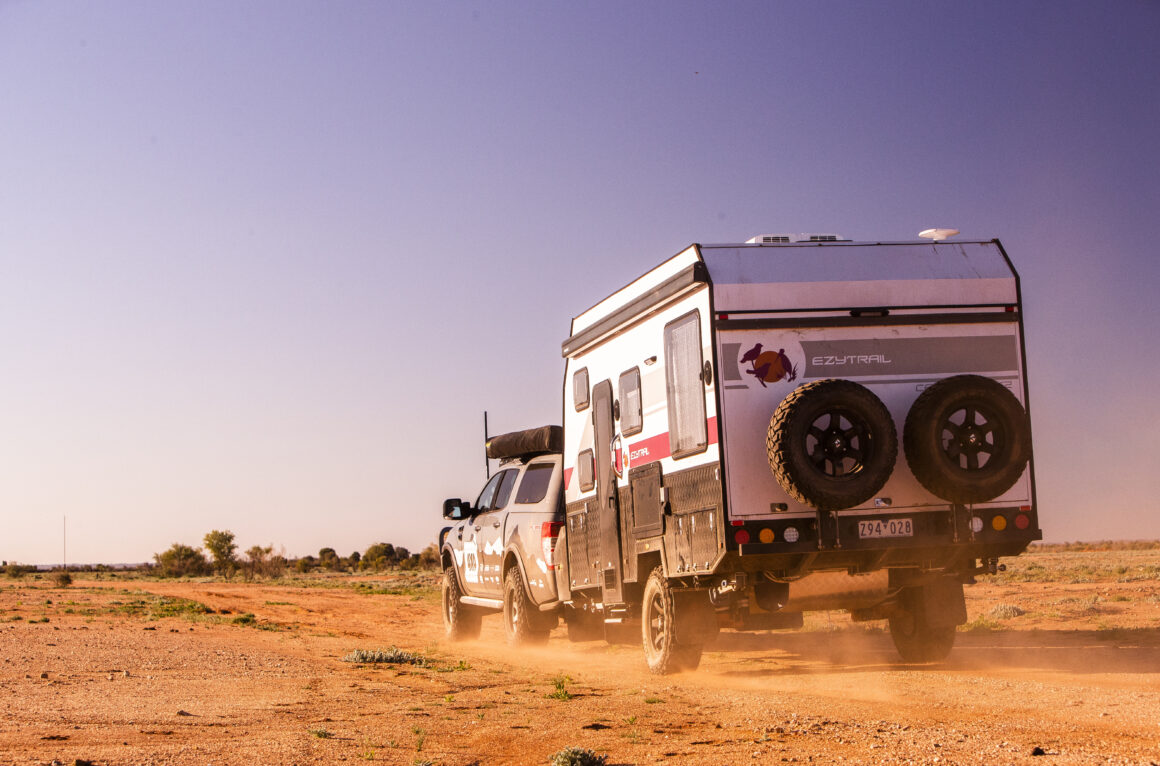
The Core Issue: Overweight Caravans
The problem at hand is not minor. Caravans are exceeding their weight limits at an alarming rate. Jarrod Dickinson, a caravan weighing business operator, highlights this trend, noting an increase in caravan owners ignoring strict towing load limits. The addition of aftermarket fittings like bull bars, larger wheels, and fridges has been a major contributor to this weight escalation. Combined with owners pushing their weights to the legal limits before loading and it’s a recipe for disaster. The extent of this issue is such that, according to Daniel Sahlberg, CEO of Caravan Industry Victoria (CIV), nearly 60 to 65 per cent of caravans or towing vehicles are overweight primarily due to these modifications.
Safety Concerns and Legal Implications
The implications of towing an overweight caravan are severe. Not only does it pose a significant risk to road safety, but it also leads to legal consequences, including the potential voiding of insurance. Andy Sutcliffe, a road rescuer, has observed that most of the vehicles he rescues have had unauthorized suspension modifications, a misguided attempt to counterbalance the overweight issue. These modifications do not compensate for the inherent dangers of towing overweight loads and can lead to severe accidents.
The Public and Police Response
The public’s response to this issue has been one of surprise and ignorance. A majority of drivers were unaware of their caravan’s overweight status until informed by the police. In response to this widespread noncompliance, the Queensland police opted for an educational approach. They used the opportunity to enlighten drivers about the risks and legalities of towing overweight caravans, rather than immediately resorting to penalties.
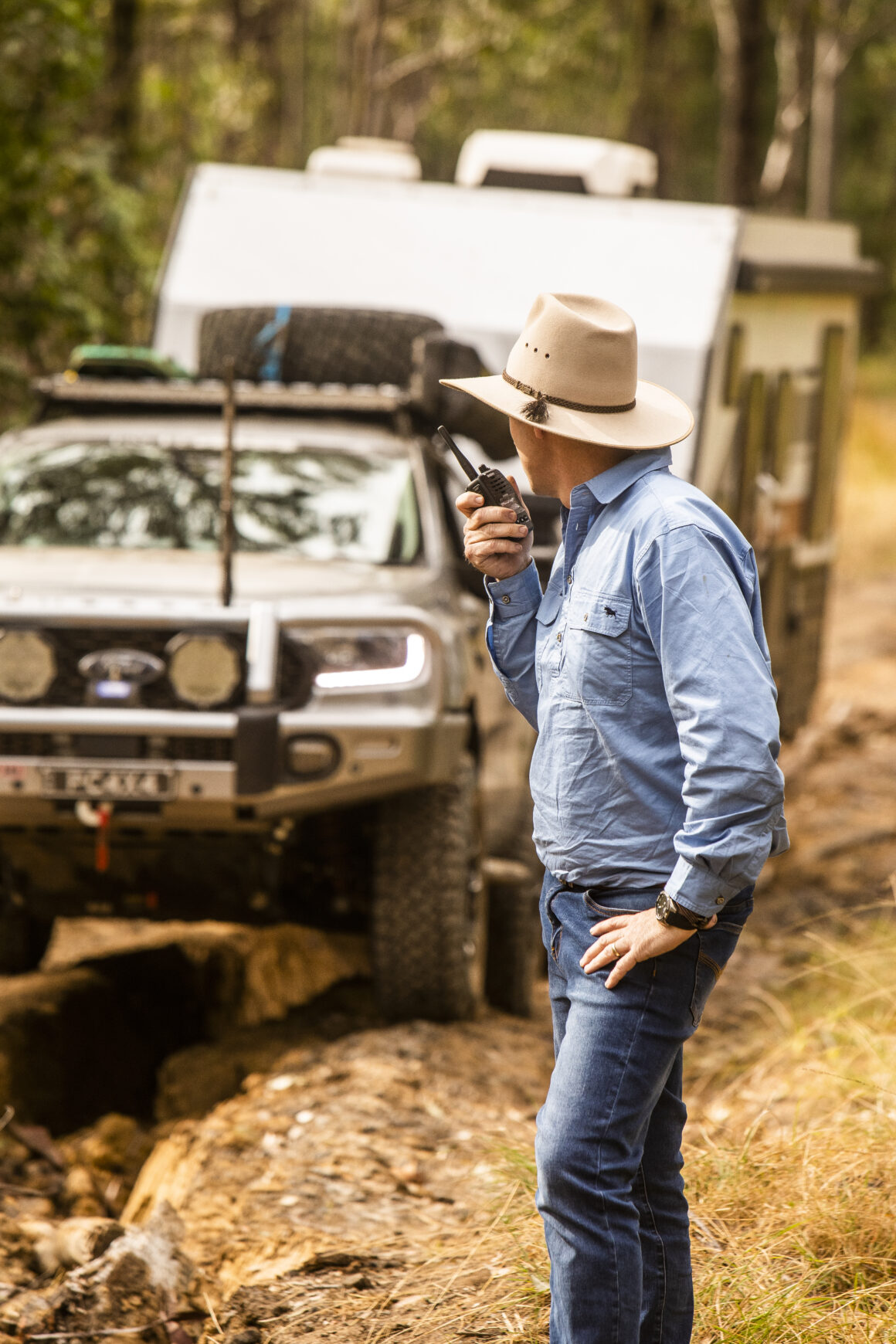
Proposed Solutions and Industry Changes
To address this growing problem, there has been a push for mandatory towing courses or a special towing license. This initiative aims to educate drivers on the safe operation of larger, heavier caravans. The necessity of such measures becomes evident in light of the increasing size of average vehicles and the inadequacy of current tow training for new drivers. The caravan industry, currently experiencing a boom, faces a crucial juncture where it must adapt and integrate these new safety measures to ensure the continued growth and safety of the sector.
What does it mean for us?
The issue of overweight caravans on Australian roads is a complex problem that requires a collective response from caravan owners, the industry, and regulatory bodies. Education and awareness are key in tackling this issue. As Australia navigates this challenge, the caravan community and authorities must work together to ensure that this traditional form of leisure continues to be safe and enjoyable for all.



